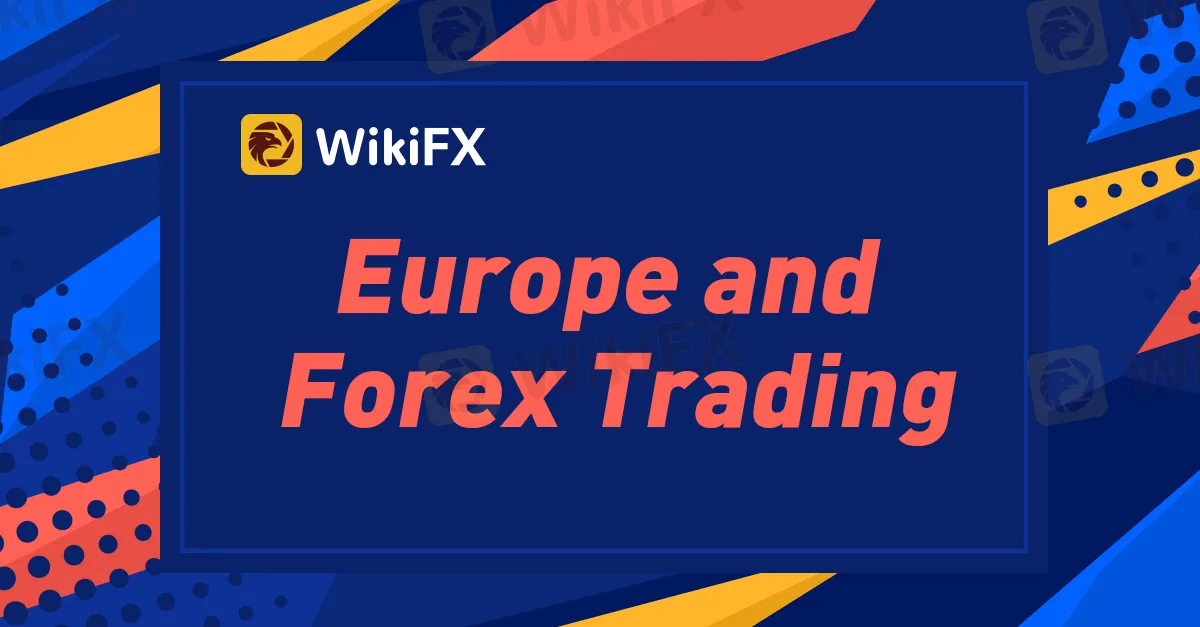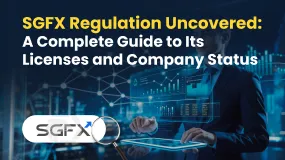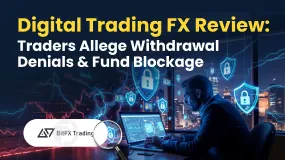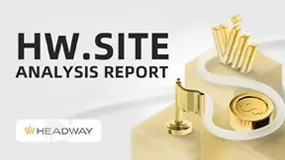Abstract:Foreign exchange, commonly known as forex, is the largest financial market in the world. It facilitates the exchange of currencies between countries, enabling international trade and investment. Forex trading has been around for centuries, but it wasn't until the 1970s that it became widely available to the public, thanks in part to the efforts of European financial institutions.

Foreign exchange, commonly known as forex, is the largest financial market in the world. It facilitates the exchange of currencies between countries, enabling international trade and investment. Forex trading has been around for centuries, but it wasn't until the 1970s that it became widely available to the public, thanks in part to the efforts of European financial institutions.
Before the 1970s, forex trading was primarily reserved for large financial institutions, such as central banks, multinational corporations, and hedge funds. The forex market was highly regulated, with strict controls on currency exchange rates and capital flows. The Bretton Woods Agreement of 1944, which established a fixed exchange rate system between the US dollar and other major currencies, further limited the flexibility of forex trading.
However, in the 1970s, several events led to the liberalization of the forex market. One of the most significant was the collapse of the Bretton Woods system in 1971, which ended the fixed exchange rate regime and allowed currencies to float freely against each other. This meant that the value of currencies could now fluctuate based on supply and demand, creating opportunities for investors to profit from currency fluctuations.
Another key development was the introduction of electronic trading platforms, which made it easier for individuals and small investors to access the forex market. In the early 1970s, the first electronic trading platform, called the Reuters Dealing System, was introduced in Europe. This platform allowed traders to access real-time quotes and execute trades electronically, making forex trading faster and more efficient.
European financial institutions played a significant role in promoting forex trading and making it accessible to the public. For example, in 1971, the Frankfurt-based Deutsche Bank became the first European bank to offer forex trading services to retail clients. Other European banks quickly followed suit, and by the mid-1970s, forex trading was becoming more widely available to individual investors.
In the 1980s and 1990s, forex trading continued to grow in popularity, thanks in part to the increasing globalization of the economy and the development of new financial instruments, such as currency futures and options. European financial institutions remained at the forefront of these developments, with London emerging as the leading global center for forex trading.
Today, forex trading is a global phenomenon, with an estimated $6.6 trillion traded every day. The forex market is open 24 hours a day, five days a week, and is accessible to anyone with an internet connection and a trading account.
However, forex trading can be risky, and it's important to have a solid understanding of the market and the factors that affect currency prices. That's where WikiFX comes in. WikiFX is a leading forex information platform that provides traders with comprehensive, unbiased information about forex brokers, trading platforms, and other aspects of the forex market.
On WikiFX, traders can find detailed reviews and ratings of forex brokers, as well as information about their regulatory status, trading conditions, and customer support. The platform also offers a range of educational resources, such as trading guides and market analysis, to help traders make informed decisions.
Whether you're a seasoned forex trader or just getting started, WikiFX is an invaluable resource for anyone looking to navigate the complex world of forex trading. So why not check them out today and see how they can help you achieve your trading goals?











